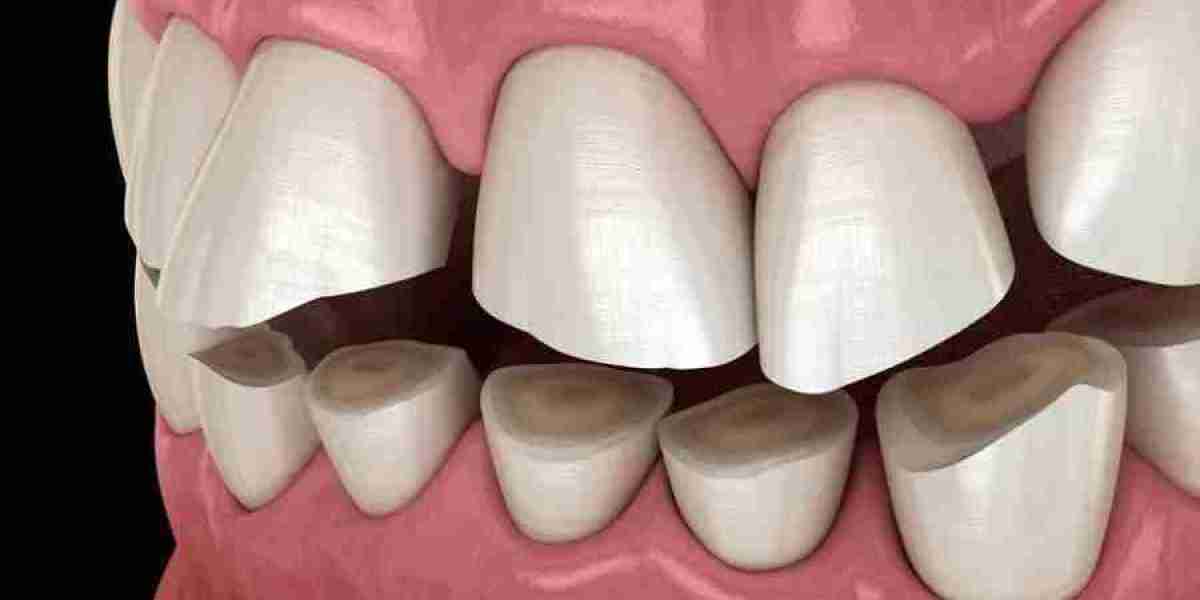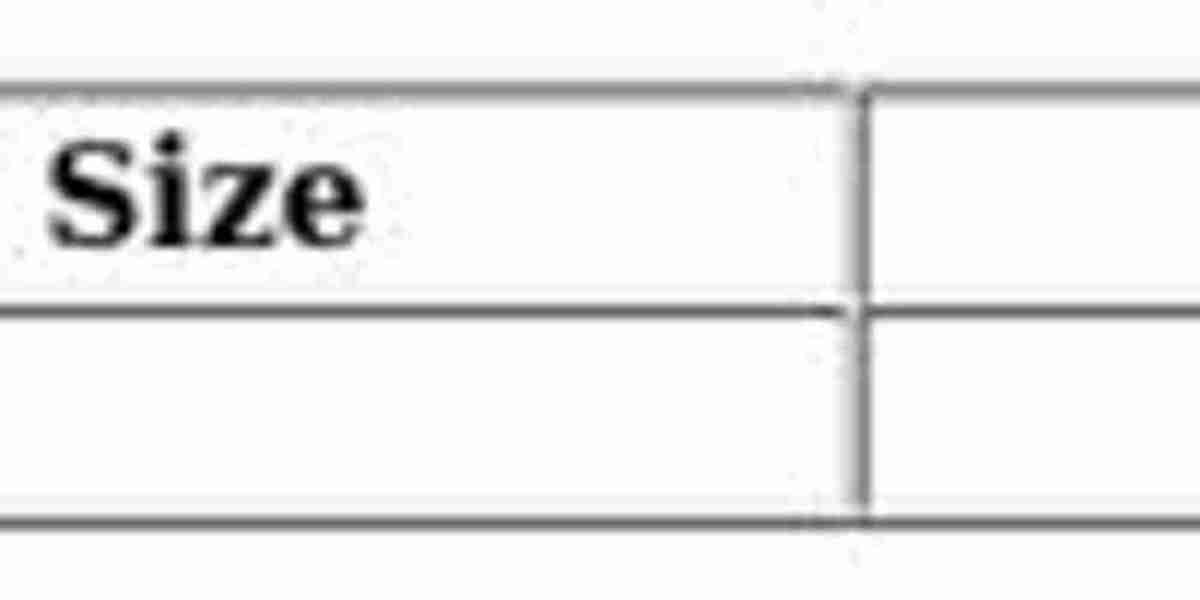Waking up with discomfort in your jaw can be frustrating and even alarming, leaving many people to wonder, why does my jaw hurt after sleeping? This type of pain is often related to Teeth Grinding Treatment behaviors or health conditions that affect the muscles and joints of the jaw. Whether it’s caused by unconscious habits or underlying disorders, morning jaw pain shouldn't be ignored, as it can indicate chronic issues that may worsen over time.
Common Causes of Morning Jaw Pain:
There are several reasons why your jaw may hurt after a night’s sleep, many of which are tied to involuntary behaviors that occur while you’re unconscious. Identifying the cause is the first step toward effective relief.
The most common causes include:
Teeth grinding (bruxism): A repetitive grinding motion that stresses the jaw muscles.
Jaw clenching: Holding the jaw tightly shut during sleep without realizing it.
Poor sleeping position: Pressure from sleeping on your stomach or with your hand under your jaw.
Temporomandibular joint disorder (TMD): Inflammation or dysfunction of the joint connecting the jawbone to the skull.
Stress and anxiety: Emotional tension that carries over into muscle tension at night.
Understanding these triggers can help you and your healthcare provider decide on the best course of treatment.
Bruxism: The Hidden Culprit
One of the leading answers to the question why does my jaw hurt after sleeping? is bruxism, also known as nighttime teeth grinding. This condition affects millions and often goes unnoticed until symptoms appear.
Signs that you may be grinding your teeth at night:
Worn or flattened teeth
Jaw soreness or stiffness in the morning
Headaches, especially at the temples
Clicking or popping sounds in the jaw
Tooth sensitivity with no clear dental issue
Bruxism may be caused by stress, sleep disorders, or misaligned teeth. A dental checkup can confirm if your enamel shows signs of excessive wear.
Sleep Position and Jaw Pressure:
How you sleep can play a significant role in jaw pain. Sleeping on your stomach or with your head resting on your hand can place unnecessary pressure on the jaw and surrounding muscles.
Sleep-related factors contributing to jaw pain:
Sleeping with your face pressed against a pillow
Using a pillow that’s too high or too firm
Resting your hand or arm under your chin
Misalignment of the neck and spine
Making small changes to your sleeping habits—like using a supportive pillow or adjusting your posture—can relieve pressure on your jaw and reduce morning discomfort.
Stress and Muscle Tension:
Another major contributor to Teeth Grinding jaw pain is stress. Emotional or psychological stress doesn’t disappear when you fall asleep; it often manifests physically in the form of muscle tension and jaw clenching.
Stress-related signs and symptoms include:
Tension headaches
Neck and shoulder tightness
Feeling unrested even after a full night’s sleep
Irritability or mood changes in the morning
Disrupted sleep patterns
If stress is suspected, relaxation techniques such as meditation, deep breathing, or even therapy can significantly reduce its impact on your jaw health.
How to Prevent Jaw Pain While Sleeping?
If you're frequently asking yourself, why does my jaw hurt after sleeping?, it’s time to take action. There are several ways to manage or prevent nighttime jaw pain, depending on its root cause.
Tips to reduce or prevent morning jaw pain:
Wear a night guard: Custom-made dental guards protect your teeth and reduce grinding pressure.
Improve your sleep posture: Sleep on your back with a supportive pillow to keep your jaw aligned.
Limit caffeine and alcohol: These can disrupt sleep and increase the likelihood of clenching.
Use heat or cold therapy: Apply a warm compress to relax muscles or ice to reduce inflammation.
Practice jaw exercises: Gentle stretching or massage can relieve tension and improve function.
Consult with a dentist or doctor to evaluate your symptoms and develop a tailored plan to alleviate your pain and improve your sleep quality.




